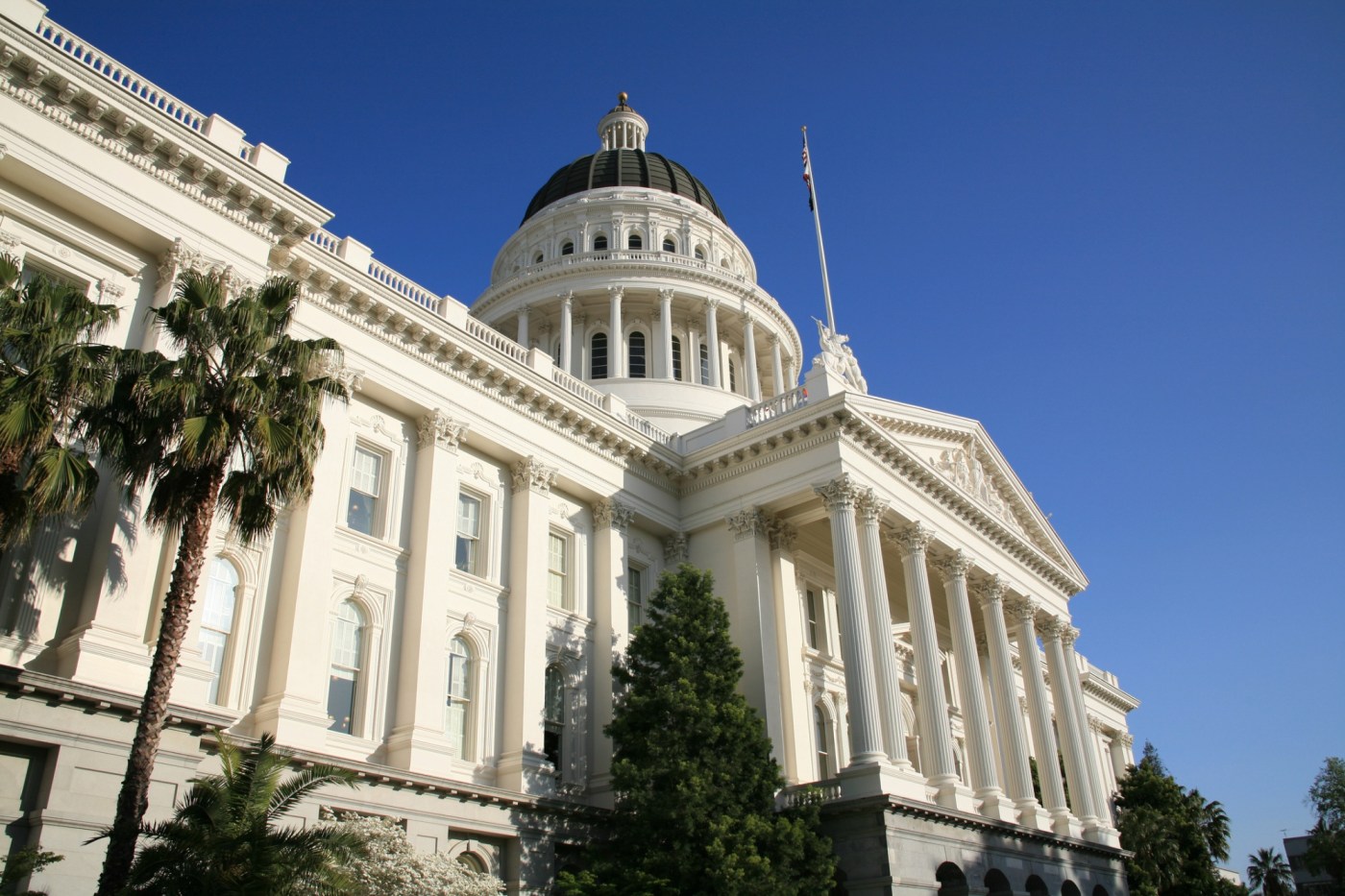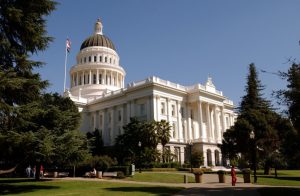A couple of years ago, California’s left-leaning interest groups — those seeking a more expansive array of social and medical services to benefit workers and the state’s large population of low-income residents — seemed to be making a breakthrough after decades of frustration.
With Gov. Gavin Newsom bragging about a nearly $100 billion state budget surplus, progressive coalitions gained footholds on some long-sought priorities, such as medical coverage for undocumented immigrants, income supports for the working poor and more expansive care and education for preschool children.
That was then and this is now.
The state now faces a monumental budget deficit, in part because the state committed portions of a supposed surplus that never materialized. While Newsom so far has pegged the deficit at $38 billion, state revenues continue to lag behind forecasts and the Legislature’s budget analyst, Gabe Petek, says it could top $70 billion.
Moreover, both Newsom’s budget department and Petek are warning that annual deficits in the $30 billion range are likely for several years to come.
The harsh fiscal reality not only may doom expansion of the programmatic gains that those on the left championed, but imperil their very existence just as the additional benefits begin kicking in.
In short, it’s crunch time for California’s progressive activists.
The state’s much-changed financial circumstances are reflected in a legislative agenda issued recently by the Building the California Dream Alliance, a coalition of dozens of progressive organizations. Were the state enjoying the huge budget surpluses that Newsom erroneously proclaimed two years ago, the coalition would be proposing new or expanded programs.
Instead, all but a couple of the 28 items on its new agenda would not cost the state budget anything, but rather would affect policies in the private economy, in schools, in courts and in medical care.
One example: Senate Bill 1446 would make it more difficult for retailers to reduce their staffs by installing self-checkout systems.
Meanwhile, another progressive organization, the California Budget and Policy Center, staged a webinar to beat the drums for raising taxes to avoid reductions in social and medical services this year and in following years when additional deficits are anticipated.
The organization says it wants “a California for all where everyone has access to economic opportunity, housing, health care, and other basic needs is possible,” adding that “policymakers can achieve this vision by advancing fairer taxation to prevent cuts when there’s a budget shortfall like today and build a truly just and equitable California for all.”
However, when it came to specifics, the webinar’s panel dwelled on raising corporate income taxes by eliminating or reducing some loopholes that the Legislature provided in past years, such as the tax credit for research and development. Panel members also revived a corporate tax overhaul that state Senate leadership proposed last year, but failed to gain any traction.
“We want to make sure revenues are part of the conversation,” the organization’s tax analyst, Kayla Kitson, said. “We have options.”
Related Articles
Walters: California’s utility charge saga began with misuse of budget process
Opinion: The fallacy behind California’s rollback of water conservation rules
Walters: Newsom’s State of the State should be candid about California’s economy
Walters: Newsom, legislators try gimmicks, wishful thinking to close California’s budget deficit
Opinion: If California’s goal is expanding health care access, Medi-Cal isn’t the solution
Corporate taxes are just a fifth of the state’s general fund revenues, and even doubling them would fall way short of covering the budget deficit. The big money is to be found in personal income taxes.
Newsom, however, has repeatedly rejected tax increases as a remedy — which is why the Senate corporate tax hike didn’t move last year — and a business-backed measure on the November ballot would make increasing state and local taxes even more difficult.
In the absence of a tax increase of some kind, direct or indirect reductions in the programs that progressives and their legislative allies cherish would seem to be inevitable.
Dan Walters is a CalMatters columnist.












